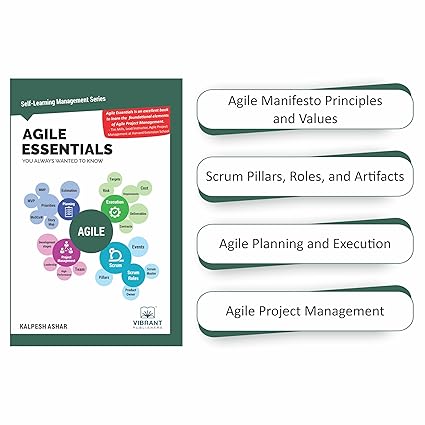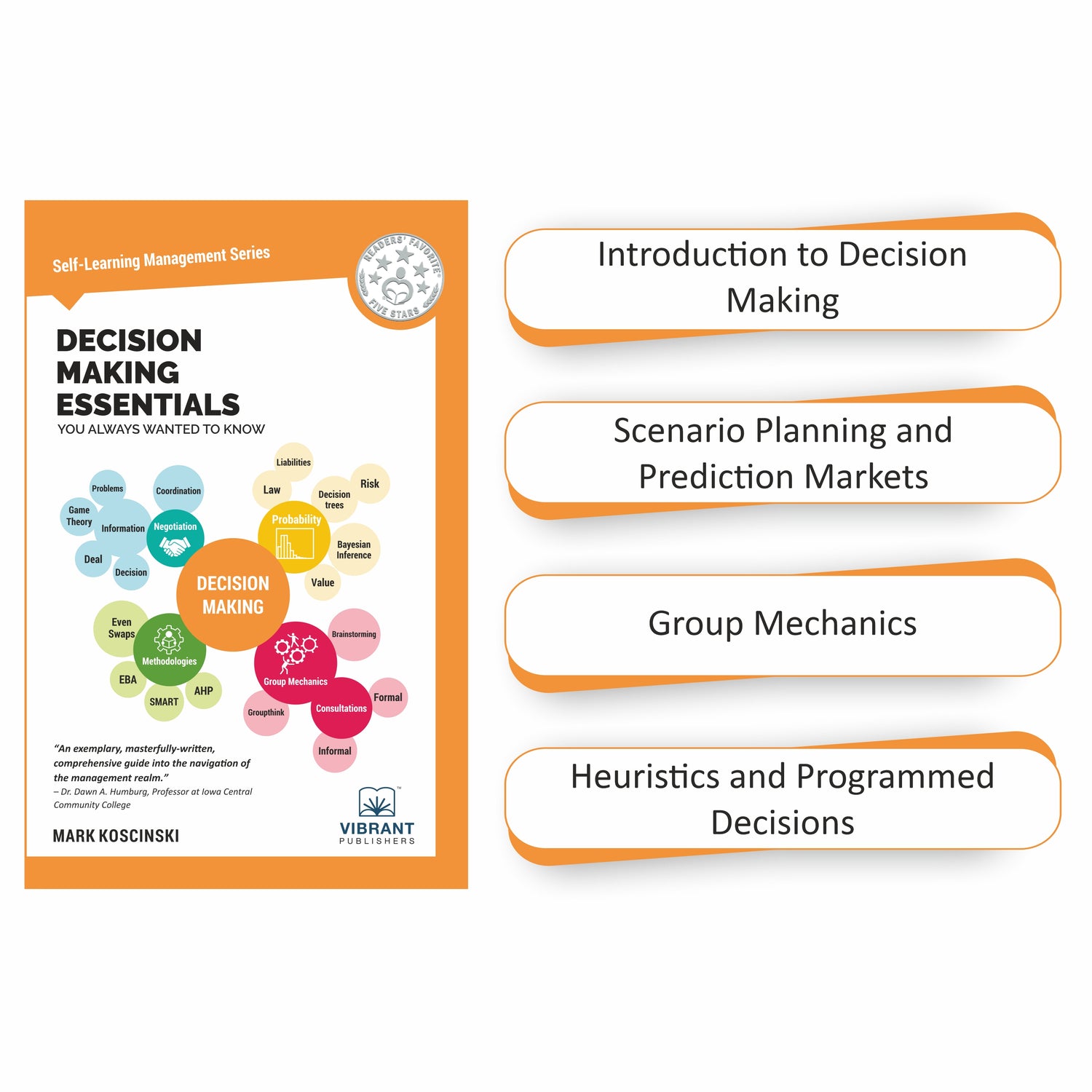
2 Tried-and-Tested Methods For Managing Time and Expectations
Life's journey takes us to places and situations that challenge our ability to manage time. If you are an employee with family responsibilities, you may be juggling time to meet your employer and family obligations. If you are also going to school and are responsible for completing coursework, you have to juggle work, family, and school obligations. You may be wondering then, “how can I meet all obligations simultaneously?”
Importance of time management
To juggle obligations and responsibilities and keep all the balls in the air without any of them falling to the ground, you must learn to manage your time. There are many distinct kinds of time management tools to choose from. Some of them help you manage your time while at work. Some of them assist with making a short-term goal list and a long-term goal list and help with prioritizing them so that the goals get accomplished within a given timeframe. Then there are other types of time management methods that aid in making sure each day, week, and month is filled with meeting obligations of work, home, school, and community, and even getting some time for your hobbies. The types of time management methods you use are up to you and what you want to accomplish in your lifetime.
Here are two tried-and-tested time management methods that will help you handle all your obligations without any stress.
Working backward
Working backward is an effective method to make sure that you are fully prepared for the event or activity scheduled to take place. This is called working backward because you are making a list of tasks that need to be completed by working backward from the destination date (the date of the event or activity).
For example, there is a special event taking place on May 12th. So, you need to begin planning and preparing for it in January. There is a five-month timeframe in which you plan and prepare to be ready for the event. In this scenario, the event is a camping trip with fishing. You are the one in charge of this event. So, working backward, you start planning for what takes place one week, three weeks, eight weeks, or one month before the event. After making this plan, it is easy to follow through with what needs to be done and when it needs to be done. This way, one week before the event, there is no stress, no fuss, and final preparations are in play for having fun and memorable camping and fishing trip.
Figure 1: An example of working backward

Time Blocking
But you might wonder how it is possible to follow through on all the tasks that need to be accomplished simultaneously. Well, that takes place with time blocking. Using the time-blocking method, the tasks are done in specific time frames. It could be within the time frame of a month, week, or even a day. This way, it is possible to ensure that the best intentions for following through with doing the tasks when they need to be done actually get completed on time. Blocking out the time in the schedule of a month, week, or day makes it possible to take action on the task needed to be done intentionally. The opposite of using this method is to leave it up to memory to do it, and that leaves too much chance for the tasks not being done and at the last minute having to scramble to complete it.
Figure 2: An example of time blocking accomplishing home, work, and opening a new business obligations within a week time frame

Figure 3: An example of time blocking for accomplishing home and work obligations for a Claims Adjuster within a day’s timeframe.

Some people would argue that watching the clock all the time is like trying to walk backward and not forward. Some other people would say that not keeping track of time will result in wasting it. How you lean on this topic chiefly depends on your point of view and experience. There may have been times in your life when you did not keep track of time and were unprepared for an event for which you had plenty of time to prepare. Not having the correct paperwork, item, money, or the proper clothing while showing up for an event is embarrassing.
On the other hand, keeping track of the time can prevent embarrassing moments and give the amount of time needed for proper preparation. For example, you have a scheduled camping trip for which you need to have all the camping equipment, make camping spot reservations, and purchase food items to be prepared on-site. You may also need to make sure that you have firewood, smores ingredients, and popcorn which are the family's favorites. With proper time management and using the working backward and time-blocking methods, you can have all the camping equipment, food, and firewood ready with you before the camping day. So, which is the better scene? Having all that is needed for the camping trip due to proper time management, or forgetting something and not being totally prepared to have fun at the campsite?
To learn how to manage your time efficiently, the book Time Management Essentials You Always Wanted To Know is the perfect resource. This book entails tried-and-tested methods by Dr. AnnaMaria Bliven who is an author, entrepreneur, spouse, mother, and grandmother. She has poured her life experiences of managing time and juggling obligations in the book. The book will be released in April 2023.
Share











